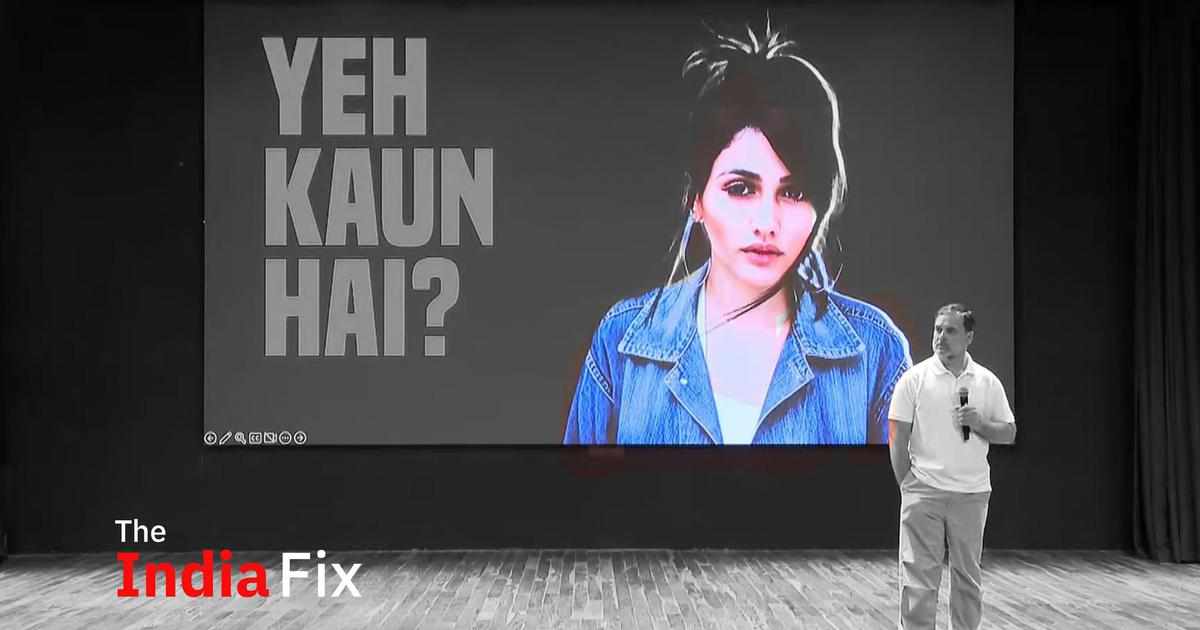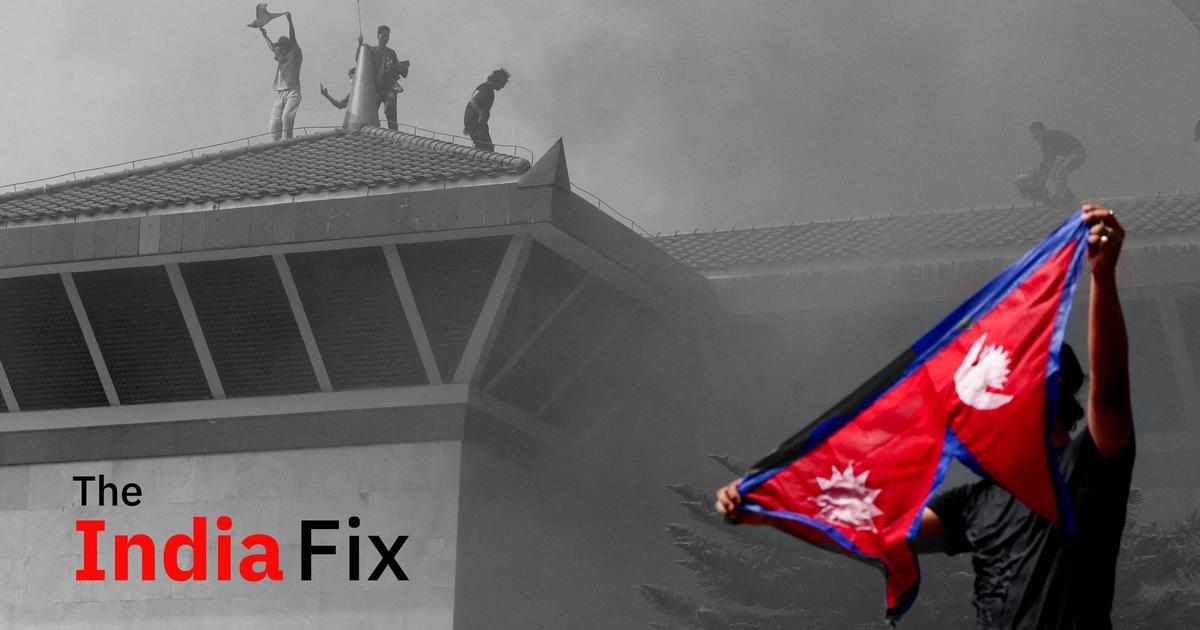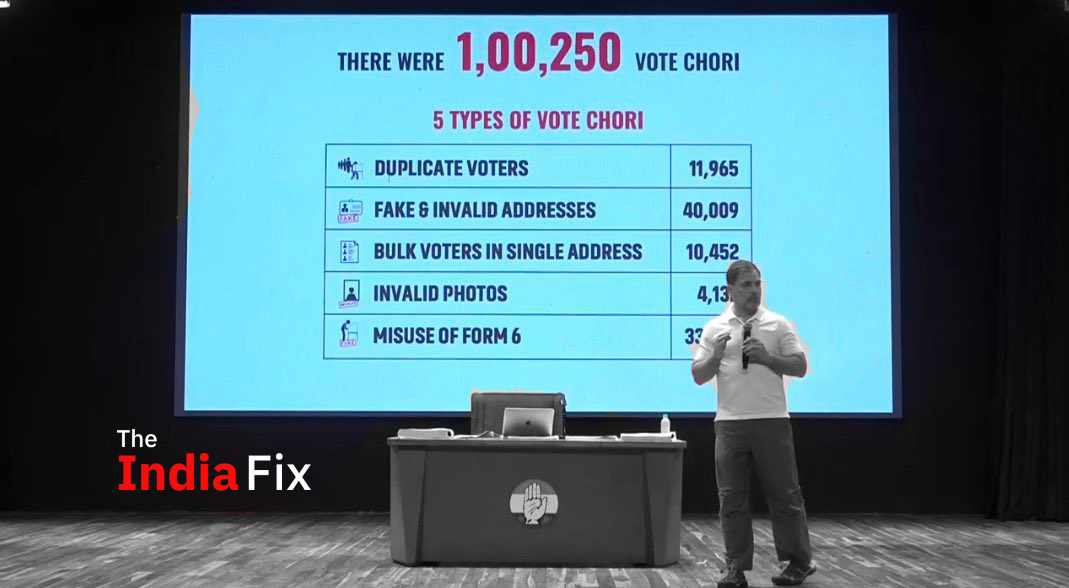
Welcome to The India Fix by Shoaib Daniyal, a newsletter on Indian politics. To get it in your inbox every week, sign up here (click on “follow”). Have feedback, interesting links or memes? Send them to theindiafix@scroll.in.
For decades now, a key part of the Bharatiya Janata Party’s Hindutva philosophy has included messaging that India’s minority communities are being “appeased”, that their interests are being pandered to at the expense of Hindus. Since India’s minorities are quite badly off by any objective standard, what this dog whistle actually signalled was an attack on the fact that political parties would often court India’s minority communities for votes.
In India’s electoral democracy, this is not unusual. Every community is courted for votes. However, for the BJP, which was looking to invent a new politics of Hindu nationalism, this attack on minority voting was strategic: it helped the party create a Hindu vote bank that cut across caste lines. Given the fractious nature of Indian democracy and the fact that the interests of different caste groups often clash, this was a remarkable achievement.
Considering this background, the BJP’s recent effort to woo minorities is more than a bit out of character for the party.
On April 9, Prime Minister Narendra Modi visited a church in Delhi. “Today, on the very special occasion of Easter, I had the opportunity to visit the Sacred Heart Cathedral in Delhi,” Modi tweeted. “I also met spiritual leaders from the Christian community.”
Simultaneously, the BJP in Kerala organised a “sneha yatra” or journey of love to woo the state’s Christians. On Friday, the BJP hosted a breakfast in the state for Christian clergy men on the Malayali festival of Vishu.
Even more surprisingly, the BJP’s outreach programme also encompassed Muslims. On April 9, it organised a protest outside the home of Delhi Chief Minister Arvind Kekriwal after a vacation notice was served to the Delhi State Haj Committee for overdue rent. In Kerala, the BJP is planning a big outreach to the state’s Muslims: India Today reported that the Hindutva party will institute a mass outreach on Eid later this week. At the same time, the Indian Express reported that the BJP was thinking about giving tickets to Muslims in the upcoming civic polls in Uttar Pradesh. If it happens, it would break the BJP’s tendency to deny Muslims political representation.

Ideology versus elections
So what’s happening? Why is the BJP, a party that is defined by its attack on minority communities, suddenly seeking the support of Muslims and Christians?
For one, it must be recognised that the BJP is both a tight ideological unit as well as a mass electoral machine. Hindutva ideologues like Vinayak Savarkar have characterised Muslims and Christians as permanent outsiders in India. However, while the BJP might follow Savarkar, its continued dominance requires it to garner votes cutting across a continent-sized country. While a purely Hindu vote has worked well in propelling the BJP to the front and centre of Indian politics, will it be stable enough for Congress-like decades-long supremacy?
A far more stable configuration for the BJP would be for it to ensure that it does not permanently close itself off to the votes of any community. This would also give it access to states with large minority populations, such as Kerala and West Bengal. In fact, this template has already been tried in West Bengal for the 2021 elections, as I had written while covering the state. While the BJP entered Bengal aggressively promising to link the Citizenship Amendment Act with the National Register of Citizens in order to carry out a Muslim-only citizen test, this also created a ceiling for its rise, given it was now restricted to only Hindu voters – around 70% of the electorate.

Occupying the spectrum
How does the BJP square the circle between the seemingly contradictory pressures of its Savarkarite Hindutva ideology and an attempt to maximise its vote base? It’s not easy. In Bengal, for example, its last-minute non-Hindutva pitch in 2021 fell flat and Muslims consolidated behind the Trinamool, handing the BJP one of its biggest reverses since Modi came to power.
However, it does try by using a division of labour. While Prime Minister Modi – in an ironically sharp contrast to his time as Gujarat chief minister – often sticks to a secular template, the BJP’s state and local leaders are free to pursue a more radical Hindutva agenda. In January, for example, Modi asked his party to reach out to Muslims even as BJP-ruled states promoted cow protection gangs that often lynched Muslims. Similarly, even as Modi visits churches, BJP state governments have continuously harassed Christians using anti-conversion laws.
Like everything else in Indian politics, what the BJP is trying is not completely new. To a more muted degree this was also a Congress template of occupying multiple – even contradictory – political positions. During the tenure of Jawaharlal Nehru, for example, while the towering figure of the prime minister stuck firmly to the politics of secularism, state leaders such as Uttar Pradesh’s GB Pant often harnessed the energies of Hindu identity.
This brand of politics helped the Congress weave a complex web across caste and religious communities that gave the party an astonishingly long reign in the post-Independence period that is almost unheard of in any other democratic nation.
The BJP is different from the Congress, of course. Hindutva is a core part of its ideology and it is linked to the Rashtriya Swayamsevak Sangh, a highly ideological, cadre-based organisation. In Modi, it has a prime minister who personally seems to have much less of a commitment to secularism than the major leaders of the Congress had during that party’s heyday.
As a consequence, the BJP will have a much more difficult time of reaching the sort of stable, multi-source vote bank that the Congress had. But, as its recent initiatives make clear, the BJP won’t stop trying to broaden its appeal as Modi aims for a third term in the 2024 elections.






















Write a comment ...